Becoming a Google Cloud Partner – What it entails and what it means for you
14 December 2022 | Noor Khan
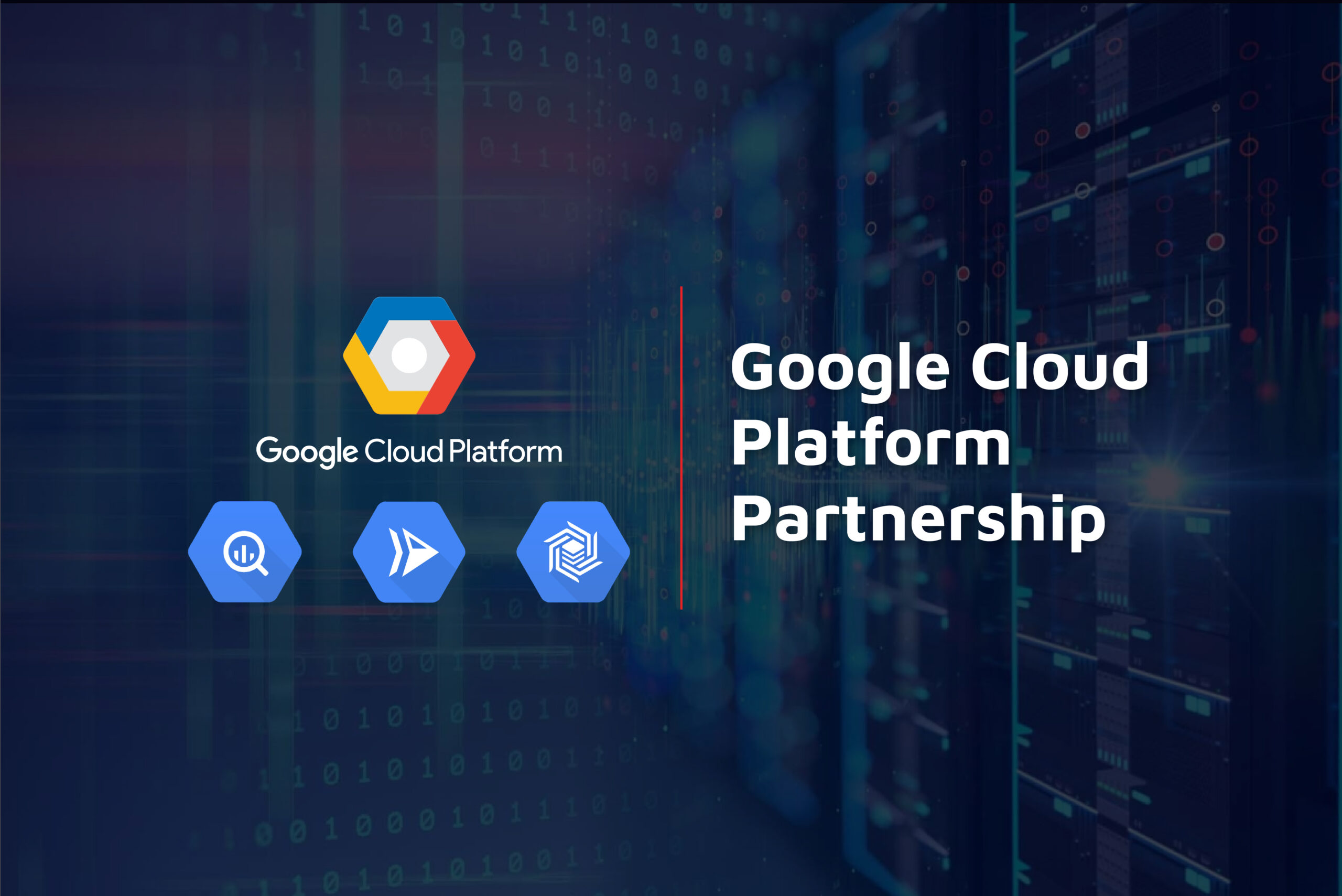
Becoming a Google Cloud Partner means that a company has demonstrated skills in Google Cloud technologies and has been vetted by Google to become a partner. In this article, we will look at how you become a partner and what it means for you.
At Ardent, we pride ourselves in our expertise across world-leading technologies including Microsoft, AWS and of course the Google Cloud Platform.
How to become a Google Cloud Partner?
There are two levels of Google Cloud Partnerships, and they include Partner level and Premier Level and each differs in its requirements to receive the certification.
Partner Level
To acquire the partner level status for Google Cloud a company must have 2 professional-level certifications and a business plan is recommended.
Premier Level
To gain premier-level cloud partnerships, businesses should have a business plan, 12 professional-level certifications, 3 customer success stories and minimum qualifying billings.
What are the key benefits for a company
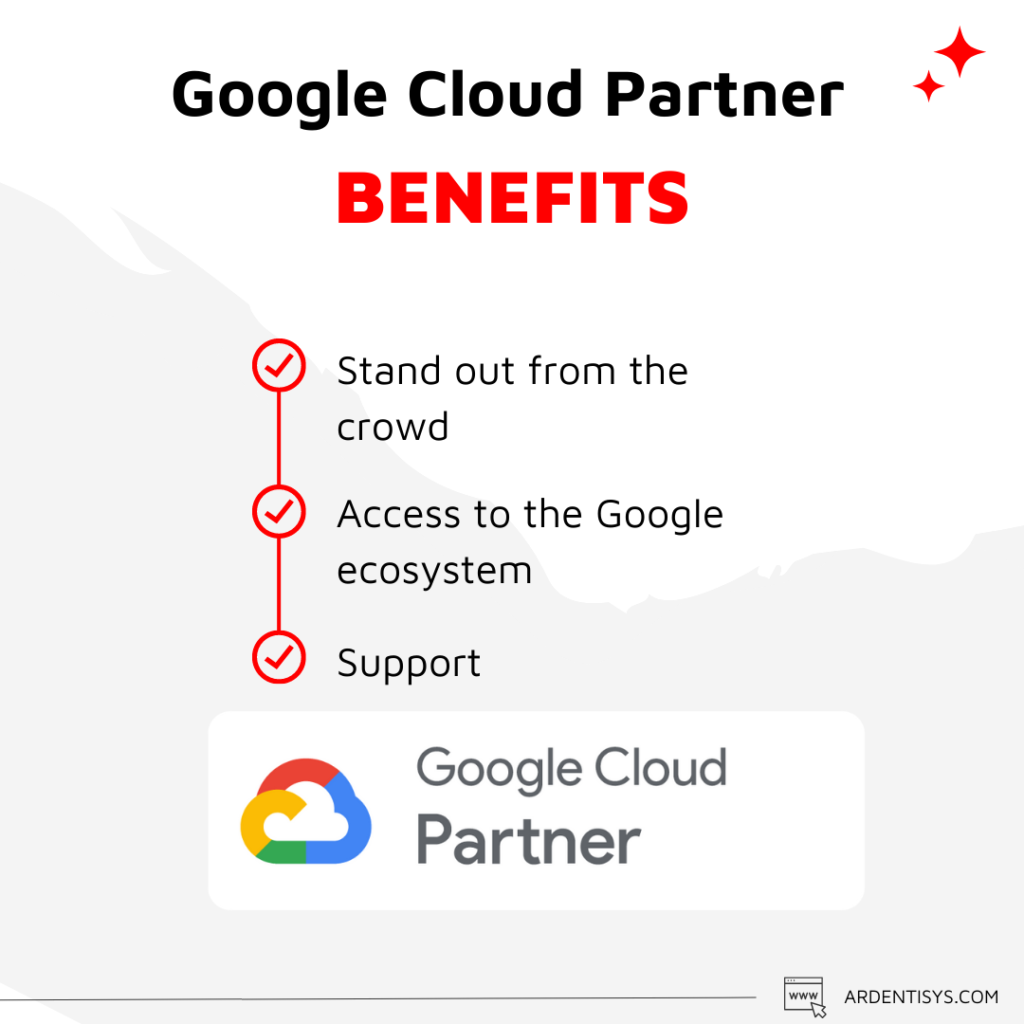
Stand out from the crowd
Not every business will invest time and resources into acquiring this certification, therefore it can help businesses stand out from the crowd of competitors.
Access to the Google ecosystem
You can access exclusive technical training courses, product roadmaps, sandbox toolkits and more.
Support
Google provide support and assistance as and when required if a business faces challenges with its cloud tools and technologies.
What are the benefits for the clients
Our clients can benefit from our Google Cloud partnership in a number of ways including:
- Access to highly skilled software and data engineers – To acquire the partnership the company has to demonstrate a high level of skills and expertise, therefore you know your solutions are being handled by experts.
- Peace of mind – You can have peace of mind by knowing your solutions are being delivered by expert hands
- Innovation with the latest technologies – To gain the certification a business must acquire certification, therefore they will have expertise in-house in leading Google Cloud technologies which can be incredibly beneficial to clients looking to employ the Google Cloud Platform technologies for their solutions.
Leading Google Cloud technologies
There are a number of leading Google Cloud Platform technologies including BigQuery, Cloud Run, and Cloud Big Table.

BigQuery
Google BigQuery is the answer to AWS Redshift and Snowflake. It is a cloud data warehousing technology that handles large volumes of data processing for business analytics and it also has machine learning capabilities. Released in 2010, it has a market share of 12.93% according to Slintel and is used by world-renowned brands across the world such as Renault, Macy’s and TUI Travel.
Cloud Run
Cloud run is a cloud app technology which offers serverless agility for application development. Cloud runs enable developers to write code in their preferred programming language of choice, framework or binary library without restrictions. This code then is packaged into a container and you can launch your cloud-based app. Cloud run offers scalability and only requires you to pay for resources used, making it a winner for developers and end clients.
Cloud BigTable
Cloud Big Table is a NoSQL database service offered by Google and shares the market with the likes of Microsoft SQL Server and MySQL. Many Google services such as Gmail, search and analytics use Cloud BigTable. Cloud BigTable can be ideal for the following types of data:
- Marketing data
- Financial data
- Graph data
- Inter of Things data
- Time-series data
Ardent in collaboration with Google Cloud Platform
We look forward to investing further in the Google Cloud Platform to further collaborate and ensure excellence for our end clients. If you are looking to develop cloud-based applications or process large volumes of data with sociability and cost-efficiency, then we can help. Our team of leading engineers can help you overcome your business challenges. Get in touch to find out more or explore our other strategic technology partners.
Ardent Insights
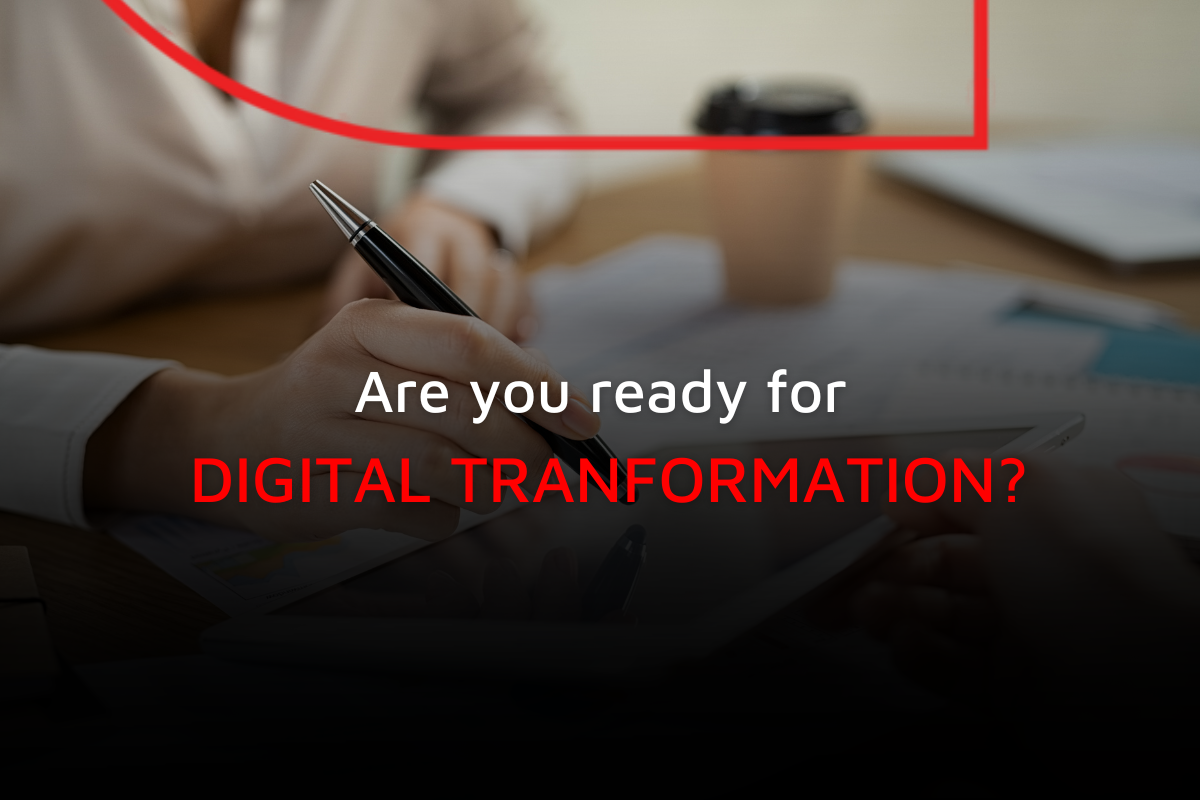
Are you ready to take the lead in driving digital transformation?
Digital transformation is the process of modernizing and digitating business processes with technology that can offer a plethora of benefits including reducing long-term costs, improving productivity and streamlining processes. Despite the benefits, research by McKinsey & Company has found that around 70% of digital transformation projects fail, largely down to employee resistance. If you are [...]
Read More... from Becoming a Google Cloud Partner – What it entails and what it means for you
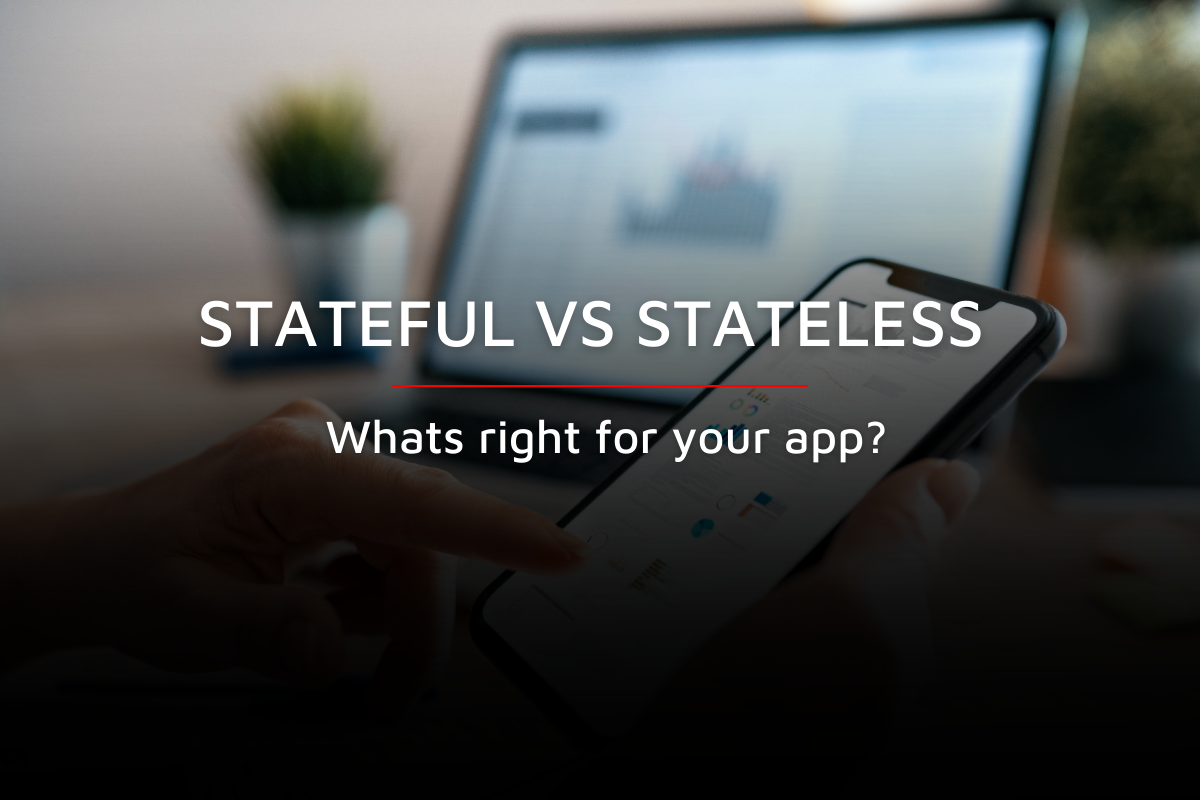
Stateful VS Stateless – What’s right for your application?
Protocols and guidelines are at the heart of data engineering and application development, and the data which is sent using network protocols is broadly divided into stateful vs stateless structures – these rules govern how the data has been formatted, how it sent, and how it is received by other devices (such as endpoints, routers, [...]
Read More... from Becoming a Google Cloud Partner – What it entails and what it means for you
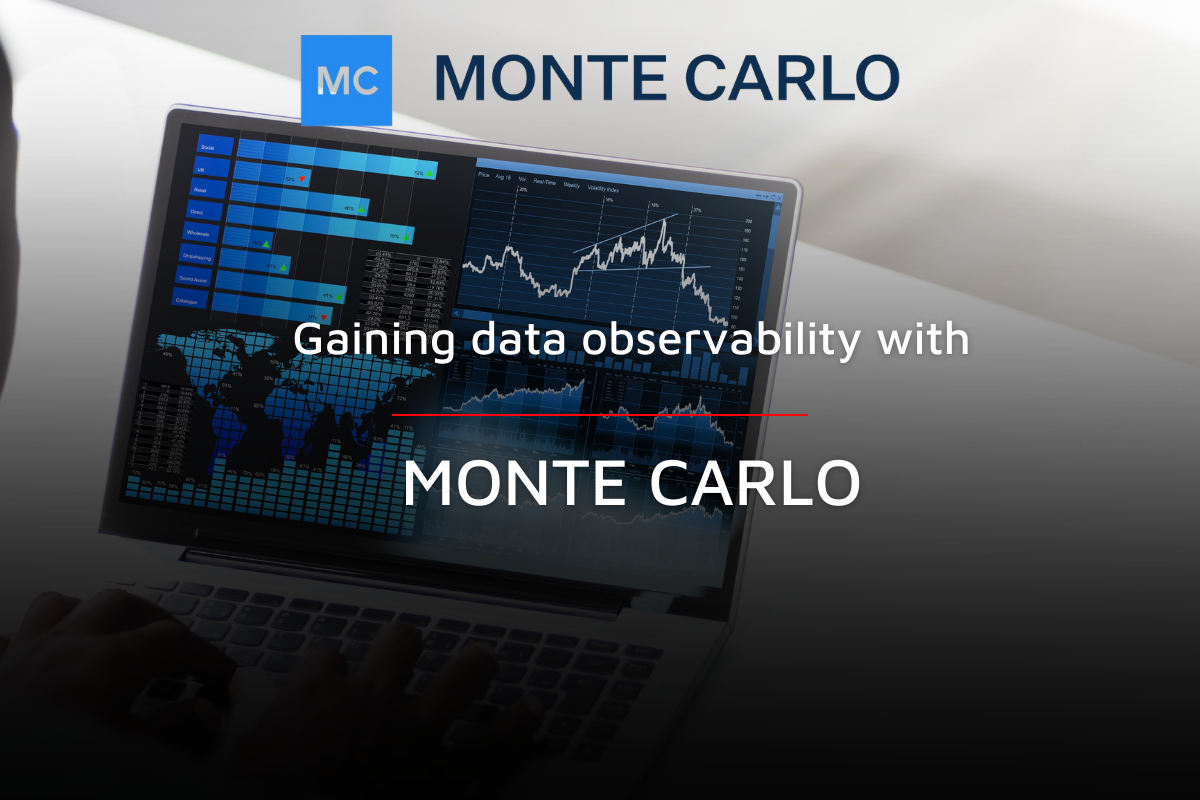
Getting data observability done right – Is Monte Carlo the tool for you?
Data observability is all about the ability to understand, diagnose, and manage the health of your data across multiple tools and throughout the entire lifecycle of the data. Ensuring that you have the right operational monitoring and support to provide 24/7 peace of mind is critical to building and growing your company. [...]
Read More... from Becoming a Google Cloud Partner – What it entails and what it means for you






